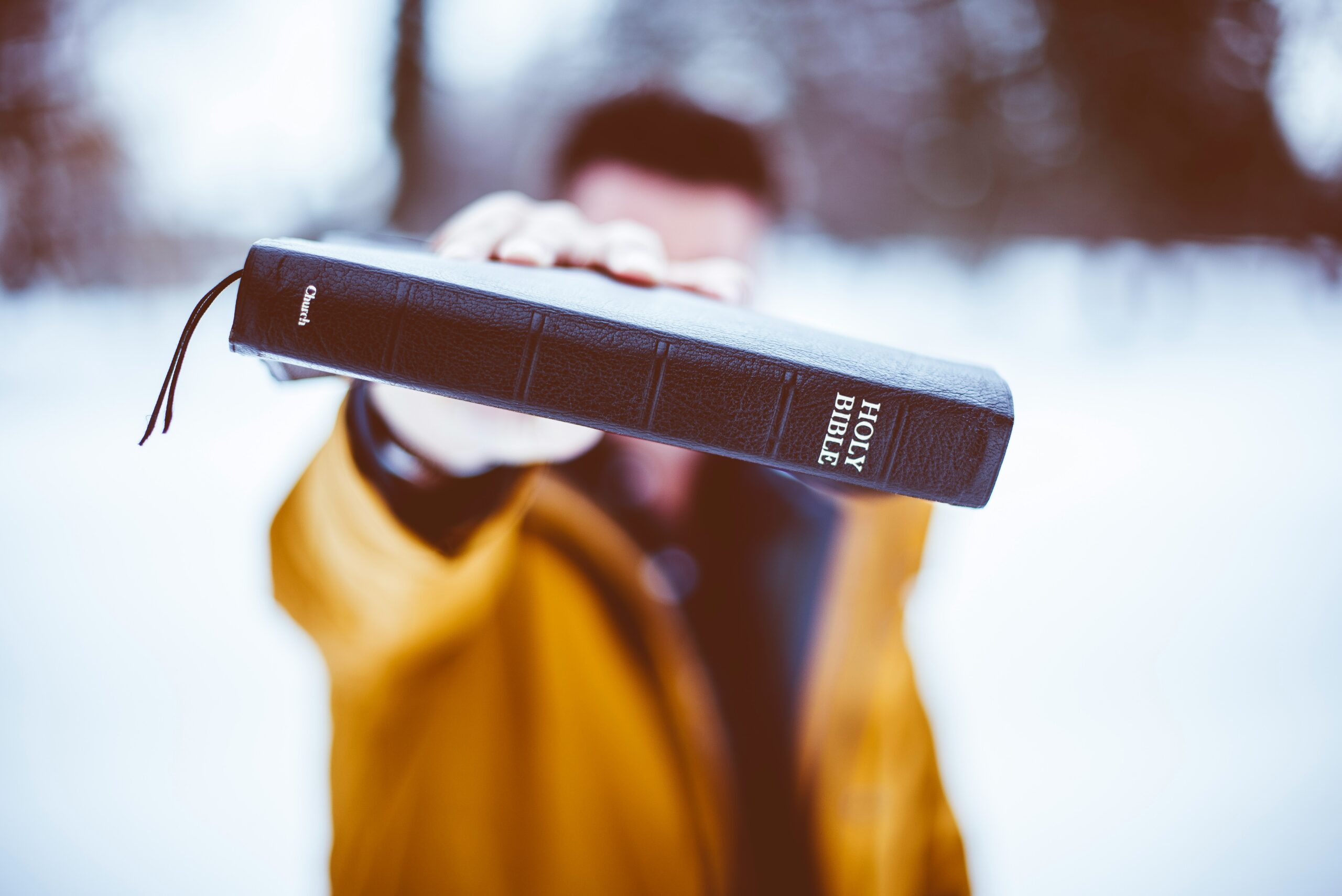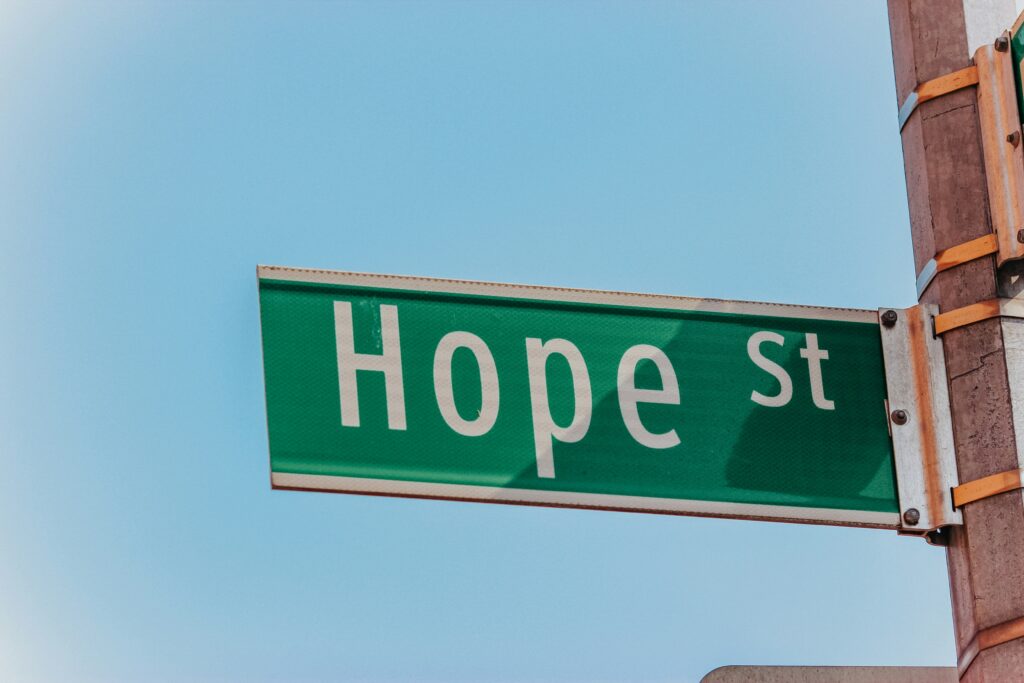Biblical Justice by Kim Reisman

Scripture Focus:
I will test you with the measuring line of justice and the plumb line of righteousness.
Isaiah 28:17 (NLT)
While the classical idea of justice, giving each person their due, is important, it only scratches the surface of what justice actually means. The biblical sense of justice, what we call righteousness, goes much deeper.
It’s easy for Christians to think that Judaism’s greatest contribution is the notion of monotheism (belief in one God). William Silverman has written:
The Shema is the first word of the Hebrew sentence: Shema Yisroel Adonoi Elohaynu Adonoi Echod. Translated it means: “Hear O Israel: The Lord our God, the Lord is One.” This is the watchword, the motto, and the foundation of the Jewish faith. It is the first prayer that the Jewish child learns to utter. It is the last prayer the dying Jew repeats before he yields his soul to God. Historically, the Shema was repeated in every crisis. It is the Jewish affirmation of faith in God. [1]
And yet, Silverman also reminds us that to think monotheism is the greatest contribution of Judaism is a mistake:
The greatest contribution of Judaism is not the belief in one God – monotheism – but rather the belief in ethical monotheism – one moral God who demands morality from those who worship Him. The scriptural keynote of this divine imitation is sounded in Lev. 19:2: “Ye shall be holy; for I the Lord your God am holy.”
The rabbis amplified this by the following comment: “Even as He is merciful, so be thou merciful; even as He clothes the naked, buries the dead, and dispenses charity to all, do thou likewise.” [2]
Thus, while in the classical sense justice begins with the individual, in the biblical sense, justice begins with God.
Classical justice, particularly as it has come to be understood in our day, has a pronounced legal flavor to it. It’s concerned with the individual and his or her rights within the context of society. Biblical justice, however, has far more of a relational flavor. It’s concerned with what goes on among people and nations as well as the power of God in our life and history. Righteousness is connected with the biblical notion of justice. “But the Lord of hosts is exalted by justice, and the Holy God shows himself holy by righteousness.” (Isaiah 5:16, NRSV)
Righteousness focuses on the power of God that sets things right and heals relationships, communities, nations, and the world. “This is what the Lord says: ‘Maintain justice and do what is right, for my salvation is close at hand and my righteousness will soon be revealed.’” (Isaiah 56:1, NIV) Where classical justice emphasizes the exterior dimension, how individuals are related to and exist within society, righteousness emphasizes both the exterior and the interior dimensions. Righteousness is concerned not only with the individual’s relationship with society, but the individual’s relationship to God. Thus, while we usually speak about justice in social terms, when speaking about righteousness, we must speak of personal righteousness as well as social righteousness. These two dimensions of righteousness, personal and social, are necessary if we are to gain a full understanding of biblical justice. They’re necessary not only for our understanding, but in order for the power of God’s righteousness to work in us and through us to heal relationships, communities, and the world.
One of the most telling illustrations of the difference between the secular and the biblical senses of justice is seen in the way we speak about it. While in secular society we talk about “getting justice,” the Bible speaks of “doing justice.” One of the Proverbs puts it into perspective: To do righteousness and justice is more acceptable to the Lord than sacrifice. (Proverbs 21:3, NRSV)
There is a story in the Jewish Talmud that answers the question, “how may man work for God and demonstrate his love?” A king’s subjects came to him and said:
“Oh, our King, we would show our love for thee. What shall we say unto thee? What gifts may we give thee?”
The king answered: “My subjects, I am grateful for your goodness in coming before me to show your love. But what words shall you utter? I know the sentiments of your hearts. What gifts may you give me? Am I not the king, the ruler of the entire realm? If you would show your love for me, attend to my words. I have children, and I cherish them dearly. If you would show your love for me, then go forth and serve my children.”
When we come before God, the King of all Kings, to express our love by words and gifts alone, will this be acceptable before him? We may imagine that God responds by saying: “I am grateful for the expressions of your love, but do I not know the sentiments of your hearts, both the hidden and the revealed? What gifts may you give me? Am I not the Ruler of heaven and earth? If you would show your love for Me, the Father, then go forth and serve My children.” [3]
We “do justice” when we work to set things right or maintain what is already right. This involves our personal lives as well as our communal lives. At its very core, justice refers to love made manifest in spirit and action. We are acting justly, and we show our love of God the Father, by loving kindness and service to God’s children.
As you continue your journey of prayer and fasting, reflect on your life stance. Are you more interested in getting justice than in doing justice? I pray that you would come to a full understanding of biblical justice so that the power of God’s righteousness would work in you and through you to heal relationships, communities, and the world.
[1] William Silverman, Rabbinic Stories for Christian Ministers and Teachers, (Abingdon Press, 1958), p. 30.
[2] Ibid, p. 34-35.
[3] Ibid, p. 33.
Subscribe
Get articles about mission, evangelism, leadership, discipleship and prayer delivered directly to your inbox – for free
Related Posts



